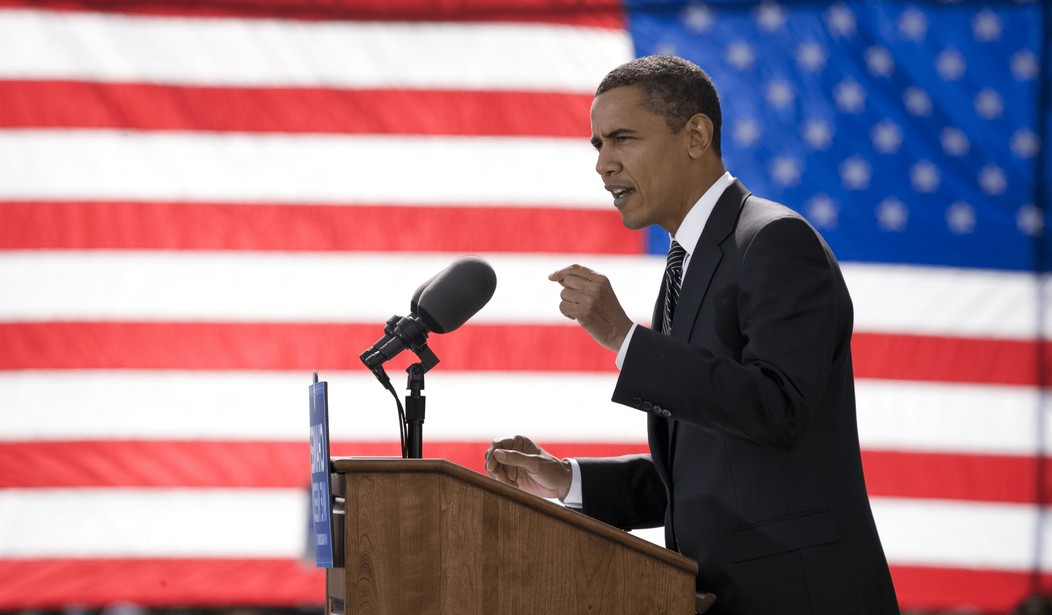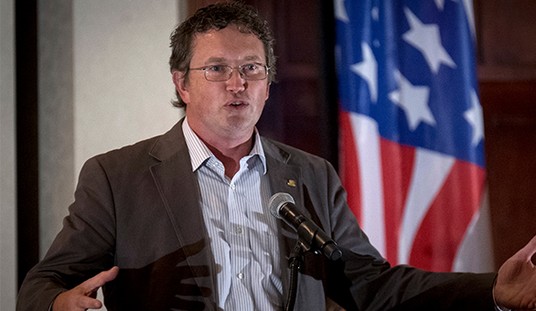Last Friday, President Obama signed a law explicitly extending religious freedom protections to atheists and other non-believers.
The act was not a separate law, but an update of a 1998 religious freedom bill, the Frank R. Wolf International Religious Freedom Act, or IFRA. The original version created the U.S. Commission on International Religious Freedom (USCIRF), an organization which has charted abuses against Christians, Jews, Baha’is, and other religious minorities in countries across the world.
The new version restates America’s commitment to freedom of conscience abroad, and strengthens existing law in a few direct ways. It directs the president to sanction individuals who carry out or order religious restrictions, it instructs the U.S. ambassador-at-large for international religious freedom to report to the secretary of State, and it requires foreign service officers to be trained in the “strategic value of international religious freedom.”
But perhaps the most eye-catching part of the updated legislation is the explicit guarantees of religious freedom granted to non-believers.
The “freedom of thought, conscience, and religion is understood to protect theistic and non-theistic beliefs, and the right not to profess or practice any religion,” the updated act now states.
The new version also condemns “specific targeting of non-theists, humanists, and atheists because of their beliefs.” It also empowers the State Department to target “non-state actors” against religious freedom, such as the Islamic State (ISIS) and its affiliated ally Boko Haram.
Both Christians and atheists praised this change.
“Millions, including many of our Christian brothers and sisters, have experienced the most brutal forms of persecution, and entire cultures are now on the brink of extinction,” Russell Moore, president of the Ethics and Religious Liberty Commission of the Southern Baptist Convention, told Baptist Press.
Moore hailed the bill as “a vital step toward protecting conscience freedom for millions of the world’s most vulnerable, most oppressed people.” He added that “the bipartisan nature of this passage shows us that religious freedom does not have to be a partisan issue.”
Roy Speckhardt, executive director of the non-religious American Humanist Association (AHA), praised this “historic legislation,” and said his organization “looks forward to working with the US Department of State to ensure religious liberty for non-theists and religious minorities abroad.”
“That non-theists are now recognized as a protected class is a significant step toward full acceptance and inclusion for non-religious individuals, who are still far too often stigmatized and persecuted around the world,” Speckhardt added.
He is right — atheists, agnostics, and “freethinkers” are indeed persecuted in various countries, and it is important for America to defend their religious freedom.
As Religion News Service’s Kimberly Winston reported, atheists in Saudi Arabia, Bangladesh, and Pakistan have especially been targeted for persecution. Atheists in those countries have faced imprisonment, lashings, and execution. In September, a Saudi man was sentenced to 10 years in prison and 2,000 lashes for professing his atheism on Twitter.
The AHA and other non-theist groups like American Atheists and Center for Inquiry have lobbied Congress on behalf of these persecuted nonbelievers for years. Maggie Ardiente, AHA’s communications director, told RNS that it took four years to get the atheist language into the bill.
Caroline Mala Corbin, a law professor at the University of Miami, emphasized the novelty in protecting the religious freedom of nonbelievers. The new law “takes an expansive view of religious liberty, saying freedom of religion is not just about the right to practice religion. It is also about the right to have your own views about religion including being agnostic and atheistic.”
Corbin also suggested the new language in IRFA could influence how U.S. courts treat atheists in America. “This law makes clear that they are to be protected to the same extent” as religious believers. Hopefully this will protect their basic rights, rather than supporting silly battles like the War on Christmas.
“President Obama was also the first president to explicitly acknowledge nonbelievers in his inaugural address, so this seems to fit into his legacy vis-a-vis nonbelievers,” the law professor added. “What the next administration is going to do with this law and nonbelievers is a completely different question.”
President-elect Donald Trump has promised to “give Christianity power,” and that Americans will be able to say “Merry Christmas!” under his leadership. In classic Trump fashion, he has been vague about what these changes entail.
Despite Trump’s ever-evolving promise to limit Muslim immigration, it seems unlikely Trump’s administration will seriously curtail religious freedom, for either followers of Islam or atheists and nonbelievers. Were he to do so, this law would limit his actions and help others hold him accountable.









Join the conversation as a VIP Member